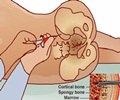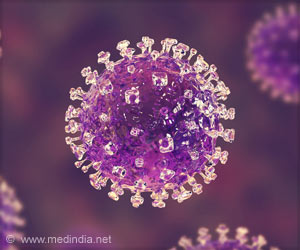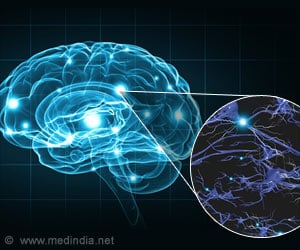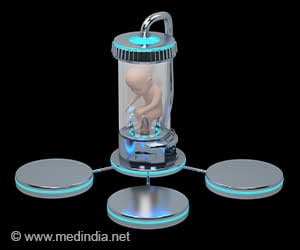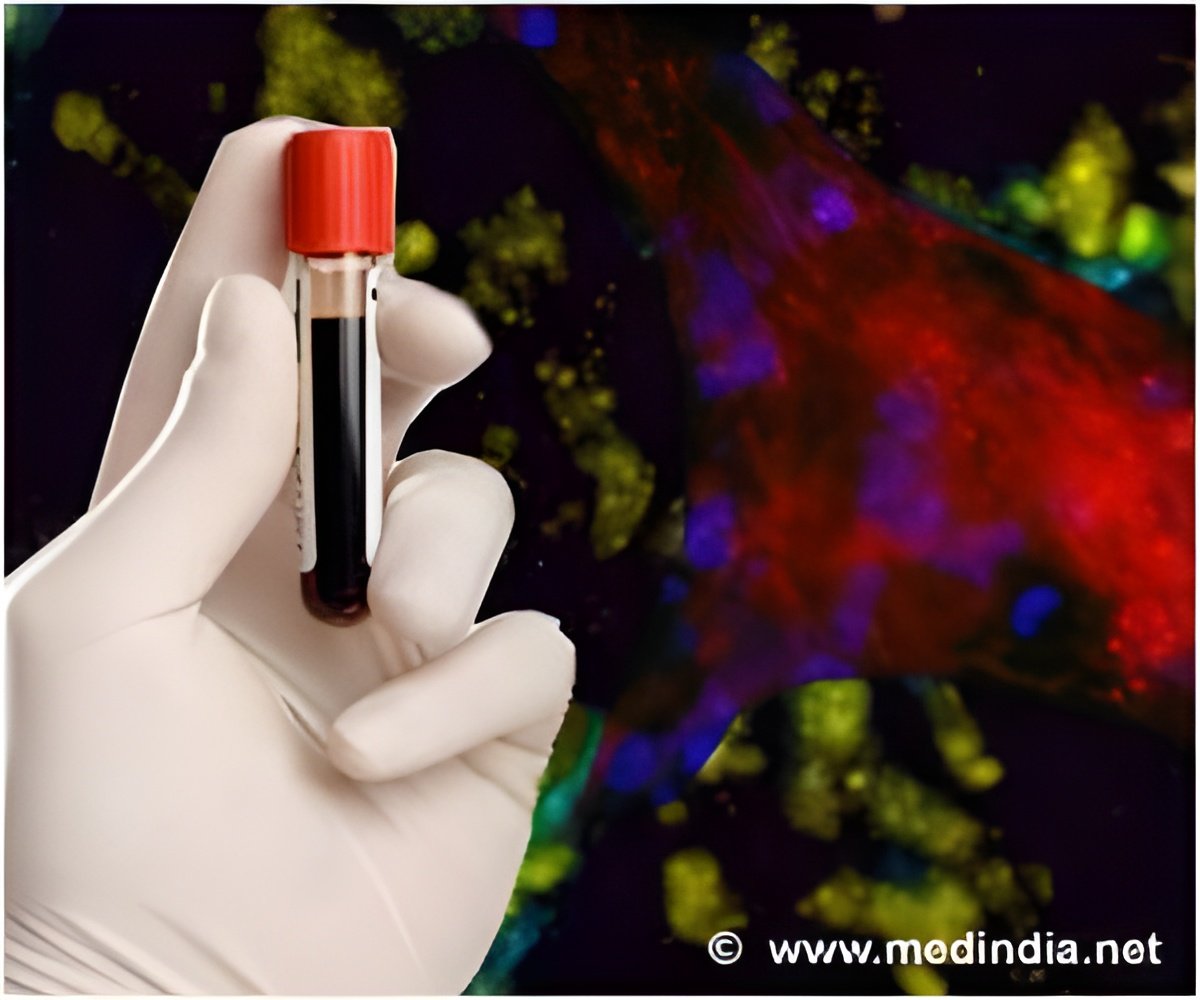
Japanese media reports Friday said the 30-year-old Obokata has joined other scientists involved in the study in calling for their research to be axed, in what would amount to a serious professional embarrassment, and deflate hopes of a major advance in the field.
The study was billed as the third great advance in stem cells -- a futuristic field that aims to reverse Alzheimer's, cancer and other crippling or lethal diseases.
But it faced hard questions as the respected Riken institute, which sponsored the study, launched an inquiry last month over the credibility of data used in the explosive findings.
The institute -- which has said it was mulling a retraction -- was to hold a press briefing on Friday afternoon to announce the results of its investigation, which could lead to quashing the study, public broadcaster NHK and the Asahi Shimbun newspaper reported.
"Research that surprised the world by defying the common wisdom in biological science will likely have to go back to the drawing board," the Asahi said.
Advertisement
"It's hard to believe the findings anymore after so many mistakes in the data," he told broadcaster Nippon Television late Monday.
Advertisement
At issue are allegations that researchers used erroneous image data -- crucial to supporting the study -- which resembled those used in Obokata's doctoral dissertation in 2011.
Nature said this week it had launched an investigation.
Stem cells are primitive cells that, as they grow, become differentiated into the various specialised cells that makeup the different organs -- the brain, the heart, kidneys and so on.
The goal is to create stem cells in the lab and nudge them to grow into these differentiated cells, thus replenishing organs damaged by disease or accident.
The researchers' groundbreaking findings said that white blood cells in newborn mice were returned to a versatile state through a relatively simple process that involved incubating them in a highly acidic solution for 25 minutes, followed by a five-minute spin in a centrifuge and week-long immersion in a growth culture.
Source-AFP



